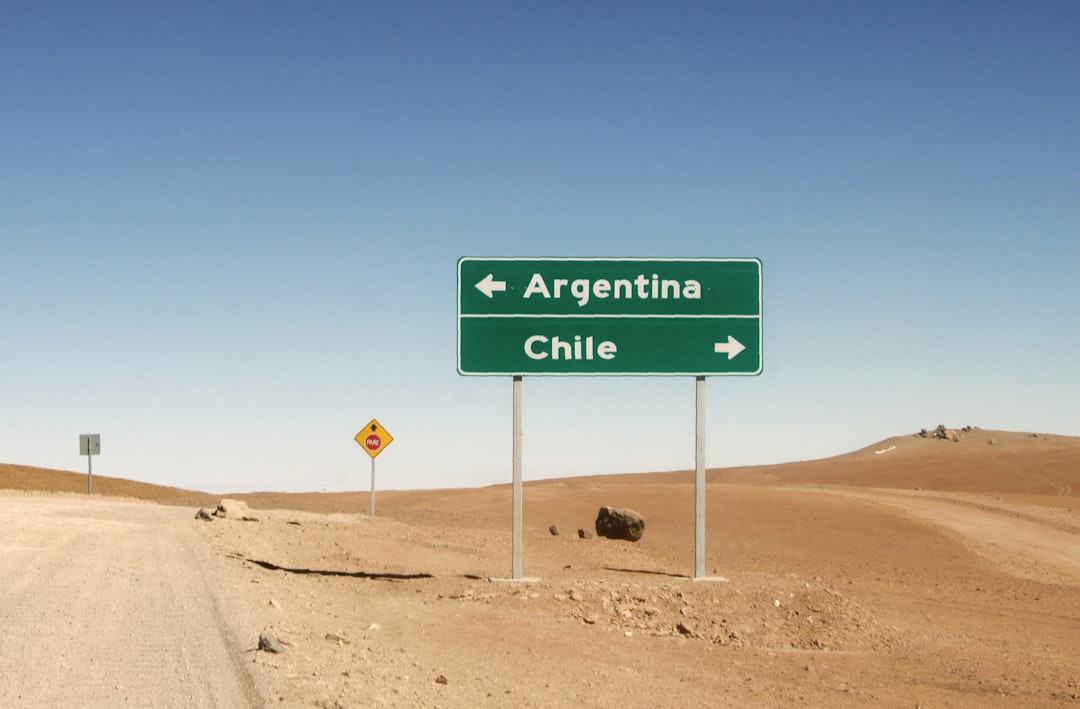What is it about?
Trade Facilitation Agreement (TFA) was pending at the WTO since 1996. In 2013, TFA got in-principle acceptance by all the WTO members under the Bali Package. However, India reneged on its position in July 2014 and insisted on opening up the discussion on food security, another issue apparently settled in the 2013 Bali meeting. The present paper dissects India's strategy and the reason for its success in a game-theoretic framework.
Featured Image

Photo by Hassan Pasha on Unsplash
Why is it important?
The paper shows the fragility of the WTO negotiation system, which can be held hostage by any strongly dissenting member to get their demands met. While India's distrust of the WTO benefitted her well, the paper also underlines that the countries that trusted WTO's system of paying heed to their food security concerns were left in the lurch after the major members got their package through.
Perspectives
While the principle of free and fair trade remains appealing and desirable, this paper reveals that the principle has little relevance to the politics of the WTO. The developing country members are better off not trusting the developed country members' promises unless their own concerns are met first.
Siddhartha Kumar Rastogi
Indian Institute of Management Indore
Read the Original
This page is a summary of: Political Economy of the WTO Negotiations: A Game-Theoretic Explanation, International Negotiation, July 2022, Brill,
DOI: 10.1163/15718069-bja10066.
You can read the full text:
Contributors
The following have contributed to this page










